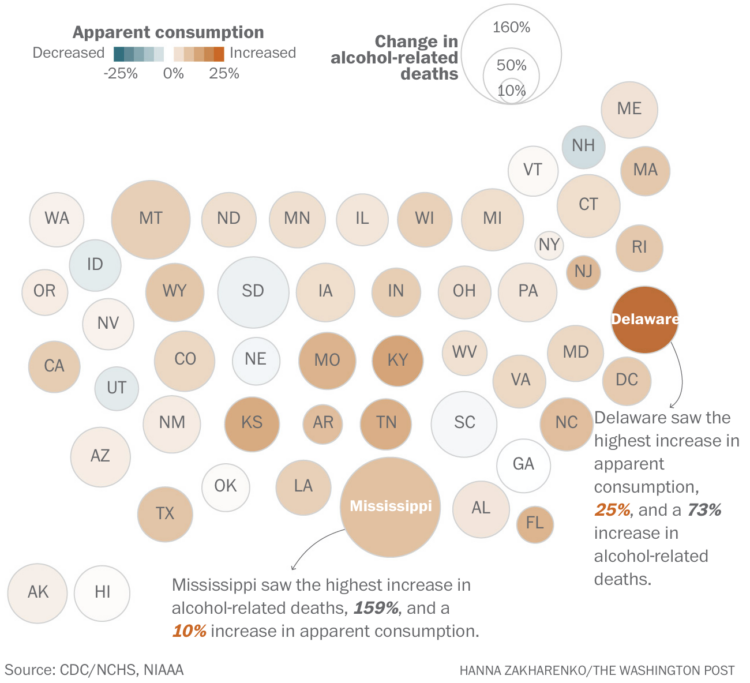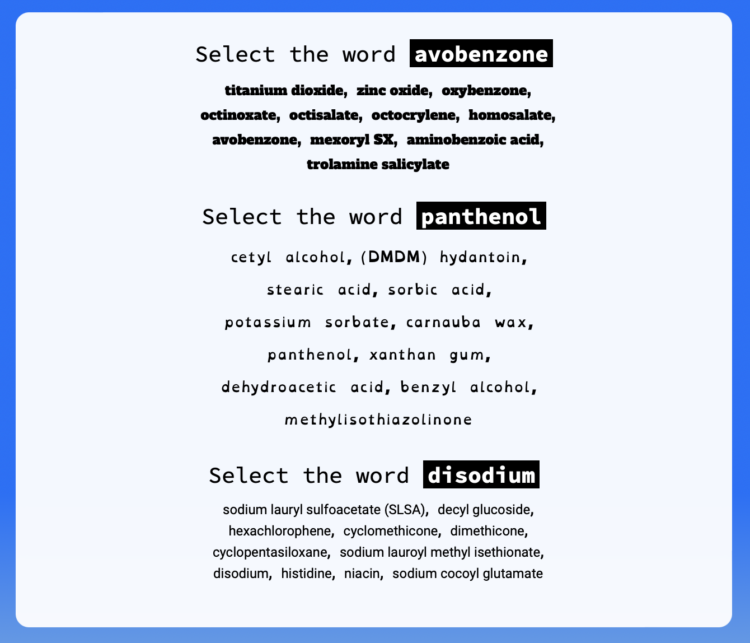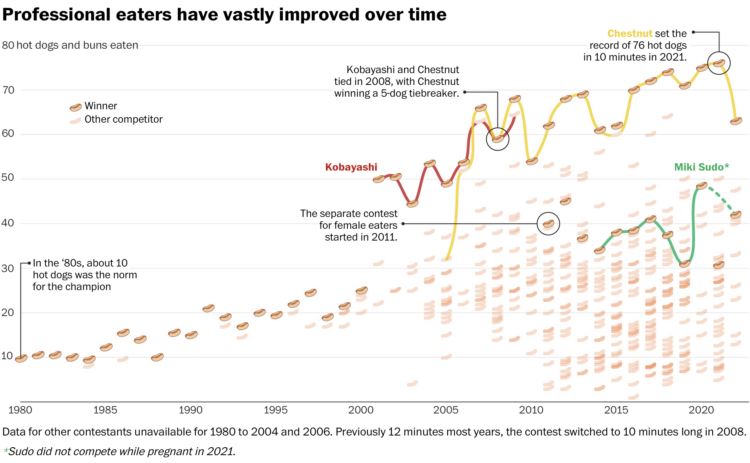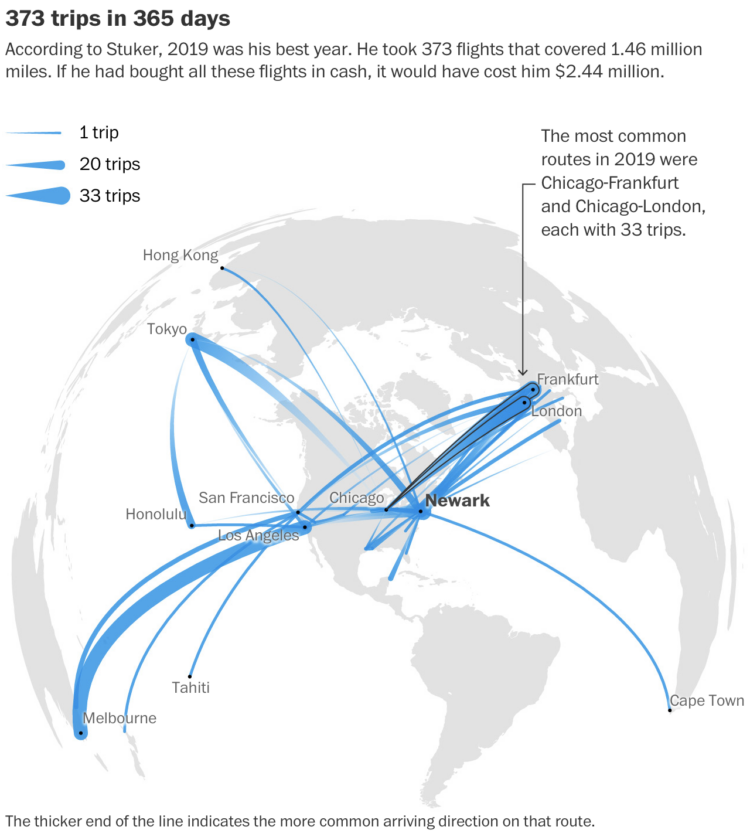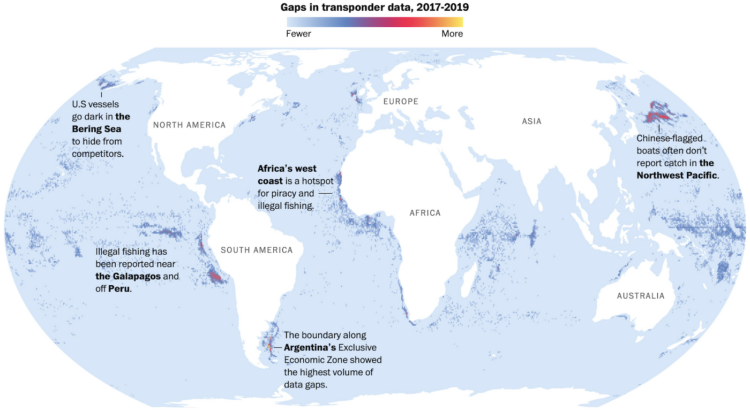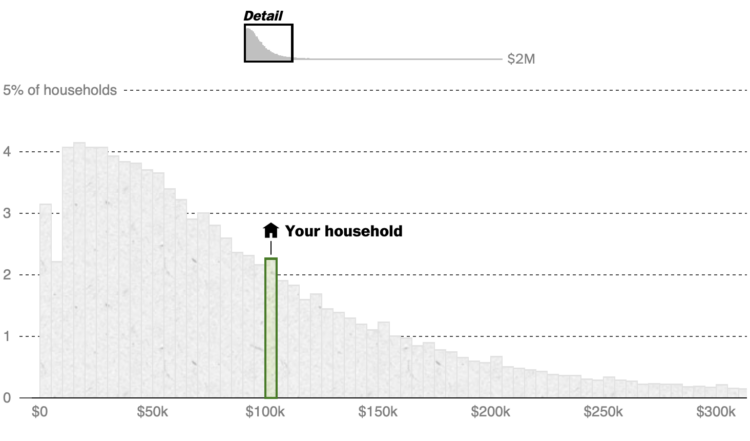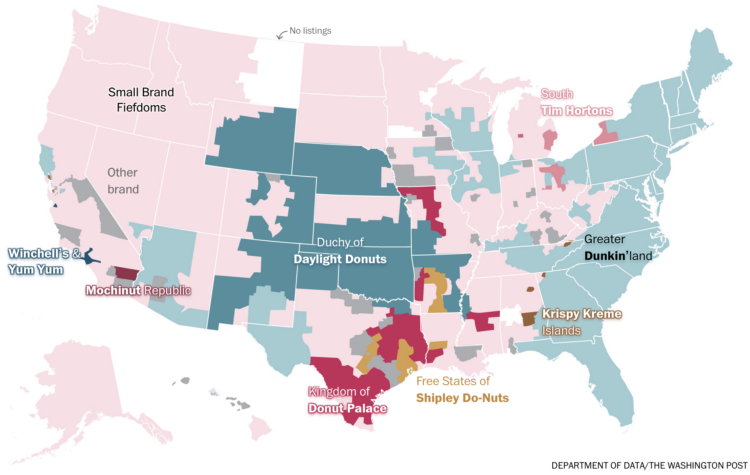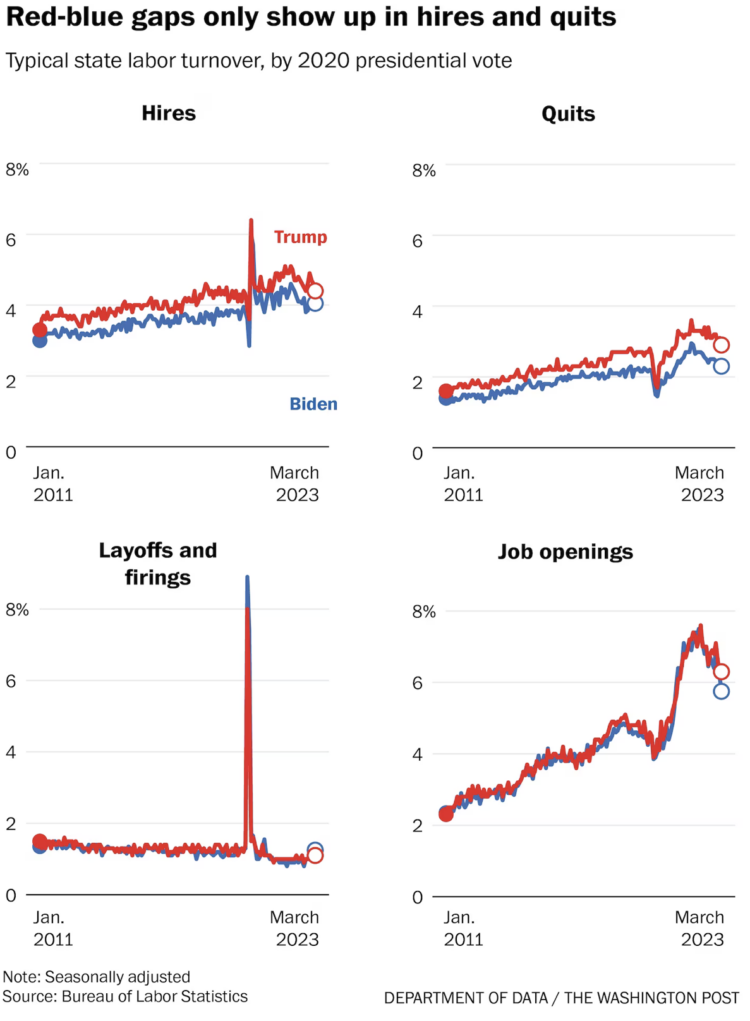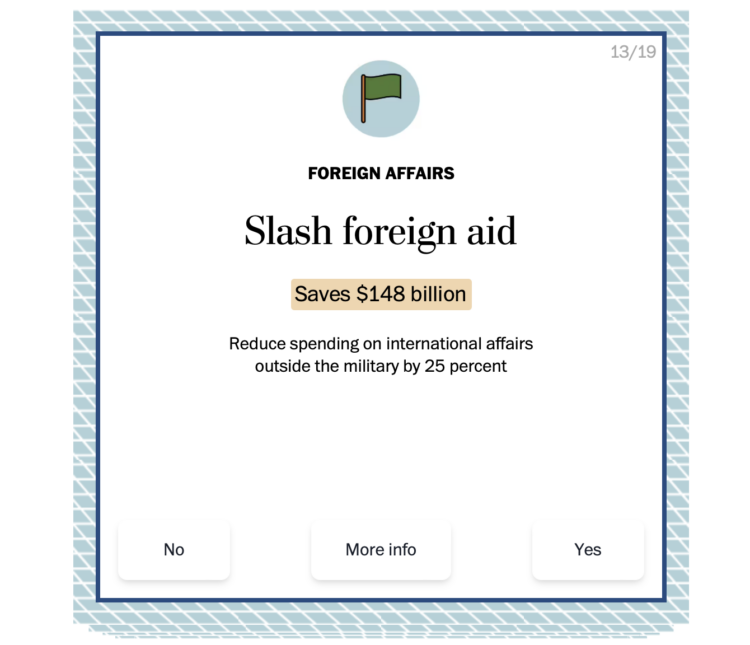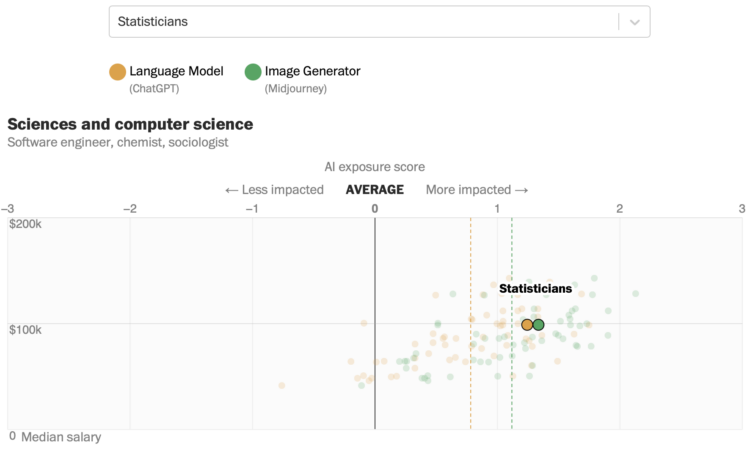Alcohol consumption, based on ethanol volume estimates, has been rising over the past couple of decades. The pandemic appears to have sped that up, leading to more deaths. For The Washington Post, Caitlin Gilbert, David Ovalle and Hanna Zakharenko report:
At the same time, the number of deaths caused by alcohol skyrocketed nationwide, rising more than 45 percent. In 2021, alcohol was the primary cause of death for more than 54,000 Americans, causing nearly 17,000 more deaths than just a few years before, in 2018, according to data from the Centers for Disease Control and Prevention.
Tags: alcohol, mortality, Washington Post
